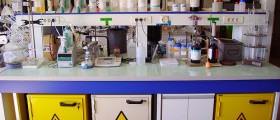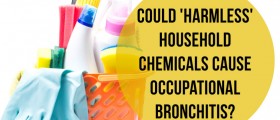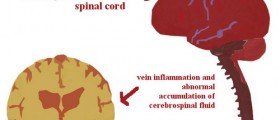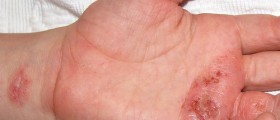
Chlorine is a colored gas with a distinctive pungent odor. The color of the gas varies and may be yellowish to green. Chlorine is widely used as a water disinfectant and is a powerful bleaching agent which makes it highly necessary in certain industries such as paper production industry and clothing industry. Furthermore, chlorine is also used as a household bleacher and is an ingredient of different pesticides, polymers, synthetic rubbers etc. Chlorine is able to irritate different organs including the eyes, ears, throat, stomach and intestine. Exposure to excess of chlorine is also associated with certain life-threatening complications.
Chlorine Exposure and Poisoning
Direct or indirect chlorine gas exposures are two paths of chlorine poisoning. Since the chemical is widely used in many industries and households, any accidental spill or release can be the cause of excessive exposure and subsequent poisoning. Accidental household poisoning develops as a consequence of direct contact with bleach products. The major health issues occur if the gas enters the body via the respiratory tract. It is also possible to experience chlorine poisoning when swimming in pools which are excessively chlorinated. Even drinking water containing too much chlorine may be the source of poisoning.
What are Symptoms and Signs of Chlorine Poisoning?
Chlorine poisoning may cause different problems including respiratory issues, changes in blood, gastrointestinal problems and skin irritation.
Skin irritation develops as the result of direct contact with products containing chlorine or excessively chlorinated water. There are typical symptoms and signs of skin irritation as well as skin rash. These resemble the ones characteristic for burns.
Respiratory Problems, Blood Changes and Stomach Burns
Respiratory problems associated with chlorine exposure generally develop in a form of sore throat. If one inhales way too much chlorine gas, he/she may end up with pulmonary edema, a life-threatening medical condition characterized by shortness of breath due to fluid accumulation in the lungs.
Chlorine can also change one's pH level of the blood. This can cause many detrimental effects to different organs.
Finally, chlorine ingestion is responsible for severe burns to the esophagus and stomach as well as intensive abdominal pain. Such individuals vomit and there may be hematemesis (vomiting blood) or melena (blood in stool).
Chlorine Poisoning Treatment
If there is a case of chlorine poisoning, nearby people are supposed to seek medical help immediately and follow the first aid instructions. If the substance has entered the eyes, it is essential to flush the eyes with a lot of water. Inhalation of the chlorine gas is a serious problem. Such individuals must be promptly taken to fresh air. As a matter of fact each poisoned individual should be immediately removed form the source of poisoning. In spite of no antidote, chlorine poisoning can be treated symptomatically. Depending on the severity of poisoning one suffers no or some long-lasting complications.

















Your thoughts on this
Loading...